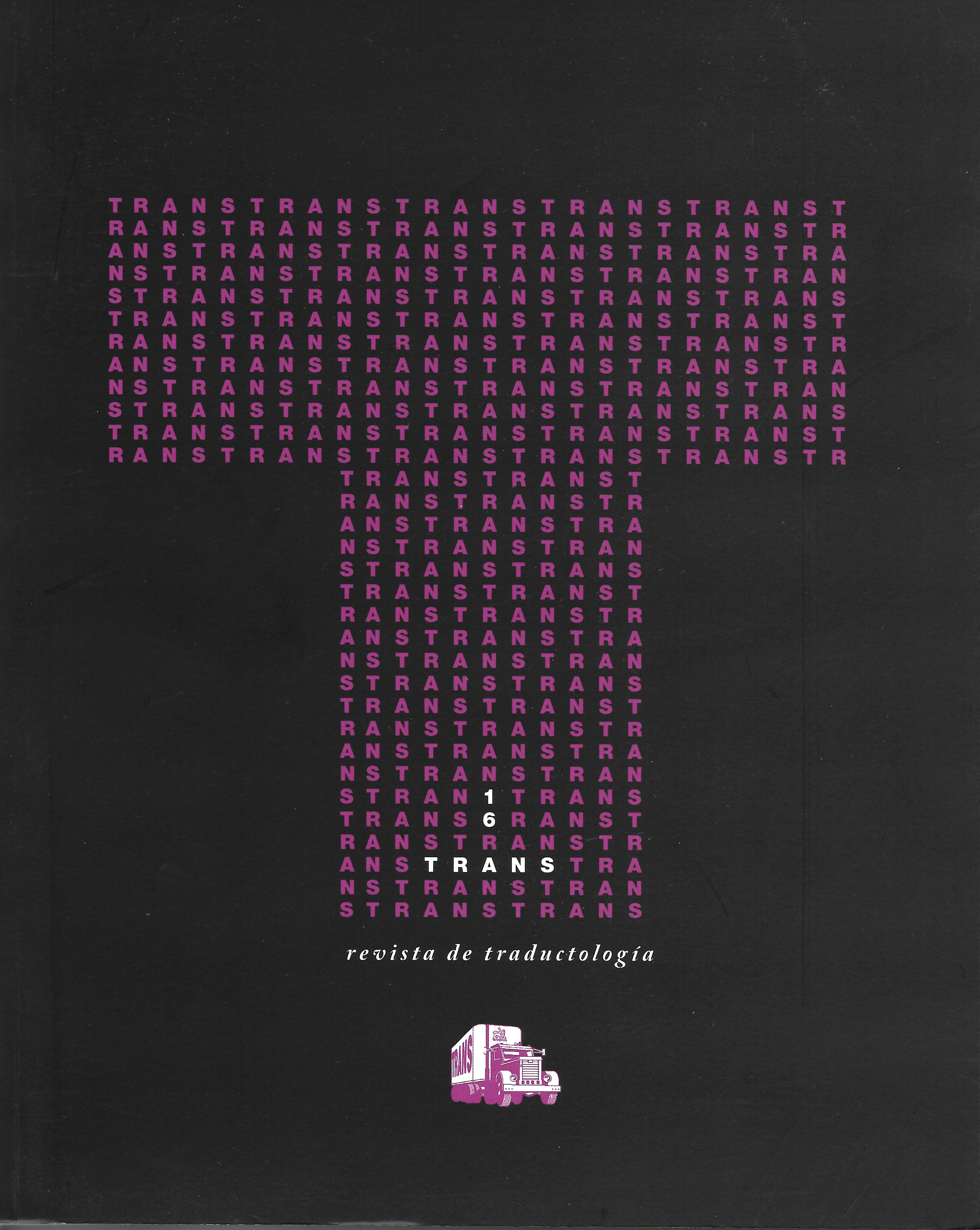The use of subtitles in foreign language education: a theoretical and practical justification
DOI:
https://doi.org/10.24310/TRANS.2012.v0i16.3209Keywords:
subtitles, foreign language learning, audiovisual materials, oral comprehensionAbstract
This paper offers a theoretical basis that justifies the benefits provided by the pedagogical use of subtitles in foreign-language education in general, and in the enhancement of oral comprehension skills in particular. Also, a series of elements relevant for the practical use of this didactic resource are explained. Since each type of subtitles (subtitles for the deaf and hard of hearing, bimodal subtitles, traditional subtitles, and reversed subtitles) offers diverse didactic possibilities, it is essential to be familiar with them. Similarly, the teacher and the students’ roles must be well defined to achieve an efficient flow of the pedagogical tasks that make use of this resource. Finally, the possible benefits and limitations of this pedagogical use of subtitles need to be known in order to adapt it to the different didactic contextsDownloads
Metrics
Publication Facts
Reviewer profiles N/A
Author statements
Indexed in
-
—
- Academic society
- N/A
- Publisher
- Universidad de Málaga
Downloads
Published
How to Cite
Issue
Section
License
All contents published in TRANS. Revista de Traductología are protected under the Creative Commons Attribution-NonCommercial-ShareAlike 4.0 International (CC BY-NC-SA 4.0) license. All about this license is available in the following link: <http://creativecommons.org/licenses/by-nc-sa/4.0>
Users can copy, use, redistribute, share and exhibit publicly as long as:
- The original source and authorship of the material are cited (Journal, Publisher and URL of the work).
- It is not used for comercial purposes.
- The existence of the license and its especifications are mentioned.
- ShareAlike — If you remix, transform, or build upon the material, you must distribute your contributions under the same license as the original.
There are two sets of authors’ rights: moral and property rights. Moral rights are perpetual prerogatives, unrenounceable, not-transferable, unalienable, imprescriptible and inembargable. According to authors’ rights legislation, TRANS. Revista de Traductología recognizes and respects authors moral rights, as well as the ownership of property rights, which will be transferred to University of Malaga in open access.
The property rights are referred to the benefits that are gained by the use or the dissemination of works. TRANS. Revista de Traductología is published in an open access form and it is exclusively licenced by any means for doing or authorising distribution, dissemination, reproduction, , adaptation, translation or arrangement of works.
Authors are responsable for obtaining the necessary permission to use copyrighted images.













21.png)
